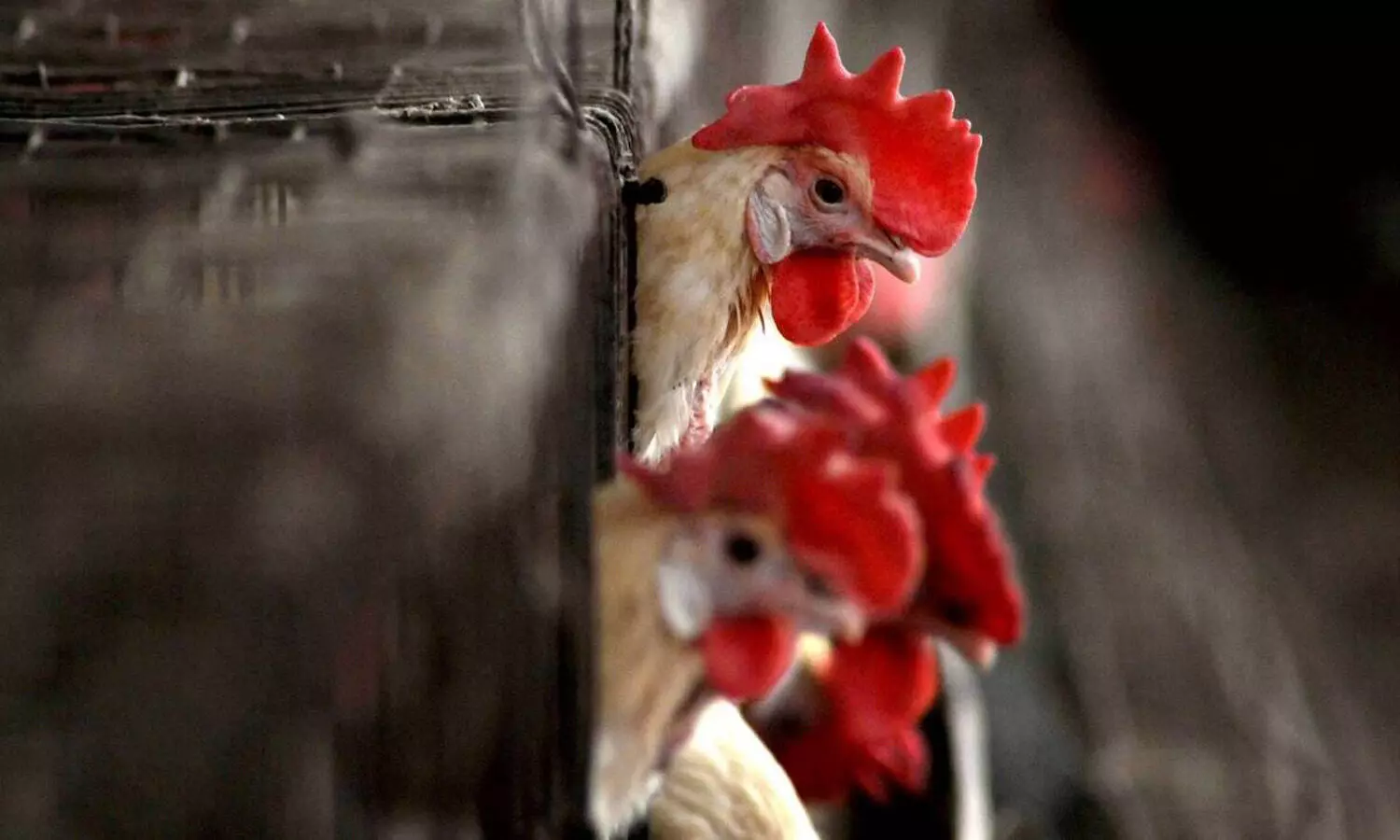TRENDING TAGS :
India's Culinary Crossroads: Unpacking the Veg vs. Non-Veg Debate
Explore the evolving landscape of India's veg vs. non-veg debate as recent data exposes shifts in spending patterns.
Veg and Non Veg
In a country where culinary choices often intertwine with cultural, religious, and health considerations, the veg vs. non-veg debate remains a constant topic of discussion. Recent data reveals intriguing shifts in spending habits, shedding light on how Indians are navigating this age-old dilemma and whether wallets are influencing dietary choices.
India, known for its diverse culinary landscape, has long grappled with the veg vs. non-veg debate. This discussion, deeply rooted in cultural and religious contexts, has taken a new turn as recent data exposes changes in expenditure patterns, particularly towards animal-based foods. Let's explore the nuances of this culinary crossroads.
**The Cultural Tapestry:**
From "Pure Veg" restaurants lining North Indian highways to social media debates fueled by historical and mythological references, the cultural fabric of India is woven with discussions on dietary choices. Devdutt Pattanaik's recent commentary on the correlation between vegetarianism and wealth adds another layer to this intricate tapestry.
**Proponents and Critics:**
While proponents of 'pure-veg' and 'satvik' diets advocate for health benefits and adherence to principles of ahimsa (non-violence), critics argue against diet-shaming and emphasize the richness of non-vegetarian cuisines. The debate often transcends health considerations, delving into ethical, cultural, and religious realms.
**Data Unveils Spending Trends:**
The All-India Household Consumption Expenditure (HCE) Survey, coupled with National Sample Surveys, unravels compelling insights into Indians' spending habits. Contrary to the notion that plant-based diets dominate, the data indicates a rise in expenditure on eggs, fish, and meats, steering away from traditional cereals and plant-based diets.
**Protein Paradox:**
Beyond the veg vs. non-veg discourse, the data prompts two critical questions: Are Indians getting enough protein, and what dietary choices contribute to increased spending? The findings suggest a growing emphasis on animal-based proteins, challenging the conventional perception of Indians predominantly relying on carbohydrates.
**Navigating Protein Deficiency:**
The protein-deficiency narrative, affecting both vegetarians and non-vegetarians, unveils a complex scenario. While non-vegetarian diets provide ample protein, socio-economic factors, cultural habits, and access to nutritious foods play pivotal roles in shaping nutritional outcomes. Expert opinions stress the importance of well-planned diets and diversified protein sources.
**Economic Factors and Dietary Preferences:**
The shift in spending patterns aligns with changing economic landscapes. Direct Benefit Transfers (DBTs) initiatives and government interventions contribute to narrowing the gap between rural and urban expenditure. The increased purchasing power of both urban and rural areas reflects evolving dietary preferences influenced by socio-economic factors.
As Indians navigate the veg vs. non-veg conundrum, their wallets seem to guide culinary choices. The intersection of culture, health, and economics unfolds a narrative where dietary preferences are dynamic and responsive to shifting societal dynamics. The 'ideal food' debate continues, with Indians unveiling their dietary inclinations through the lens of expenditure.



